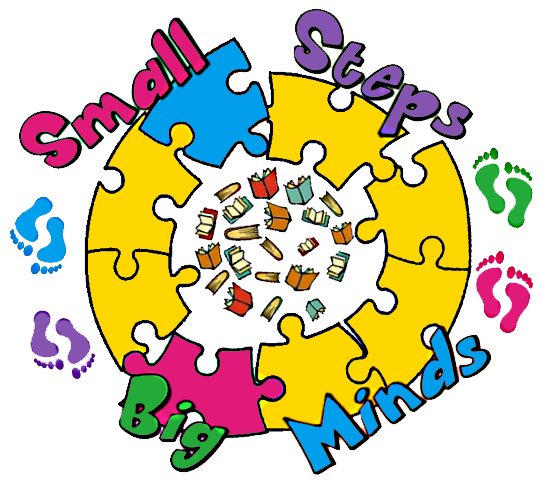Homework is a crucial component of a child’s academic journey,
It can be hard to try to get your child to finish their homework after a busy day at school. This may sometimes feel like a daunting task for parents and caregivers
However below are some hints and tips that can assist your child to complete their homework without a lot of stress involved.
Create a regular routine
Children thrive on routines, and establishing a dedicated homework time creates a sense of structure. Designate a quiet, space with good lighting for your child to do their homework, free from distractions. Ensure this routine aligns with their natural energy levels. For example do they want to start their homework when they get in from school or do they want a break beforehand.
Be supportive
While it is vital to give your child space to complete their homework independently, being present as a source of support is equally crucial. Offer assistance when needed, answer questions, and provide encouragement.
The aim is to make an space where they feel comfortable and are able to ask you for assistance when faced with challenges.
Make realistic expectations
If your child is stressed about their homework tasks then one way to achieve success is to break the homework into small chunks. This not only makes the workload seem less overwhelming but also teaches them valuable organizational skills.
Do take time to celebrate small victories along the way.
Any small achievement should be celebrated. It makes the child feel important and ready to continue their homework.
Make it interesting
Transforming homework into a fun and engaging activity can do wonders for motivation. Use creative methods such as incorporating educational games, turning math problems into a friendly competition, or allowing them to choose a reward upon completion. The key is to make the learning process enjoyable.
Stress the value of homework
Help your child understand the purpose behind homework.
Explain to them that you had to do homework when you were their age.
Stress that it is not just a task to complete for the sake of it, but a valuable tool for reinforcing learning and building essential skills. Instilling a sense of purpose can transform homework from a chore into a meaningful endeavour.
Provide a healthy environment
A conducive environment plays a pivotal role in fostering concentration. Ensure your child has access to necessary supplies, a comfortable chair, and proper lighting.
Minimize disruptions by keeping electronic devices away unless they are needed for the assignment.
Encourage your child to be independent
While support is crucial, fostering independence is equally important. Guide your child in developing effective study routine, time management skills, and how to solve problems. Gradually stepping back empowers them to take ownership of their academic responsibilities.
Good communication
Create an open channel of communication where your child feels comfortable discussing their homework challenges and triumphs. Do listen to their concerns, offer guidance, and collaborate on finding solutions. This dialogue strengthens the parent-child relationship and promotes a positive attitude towards learning.
Showcase the learning process
Share stories of your own learning experiences, emphasizing that everyone faces challenges. Highlighting the journey rather than just the end result helps normalize the ups and downs of the learning process, reinforcing the idea that perseverance is key.
Show your child you are a great role model
Children can often copy the behaviour of their parents or carers. Demonstrate a positive attitude towards your own responsibilities and tasks. Your enthusiasm for learning and completing tasks will naturally inspire them to adopt a similar mind-set.
In conclusion, encouraging children to complete their homework is not about imposing strict rules but creating an environment that fosters a love for learning. By combining structure, support, and a dash of creativity, parents can guide their children towards greater academic success while instilling valuable life skills.
